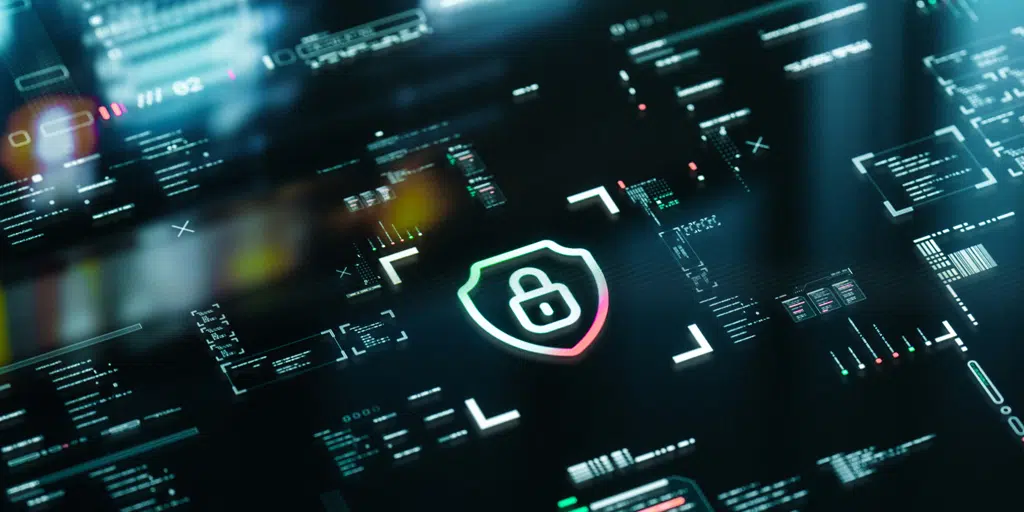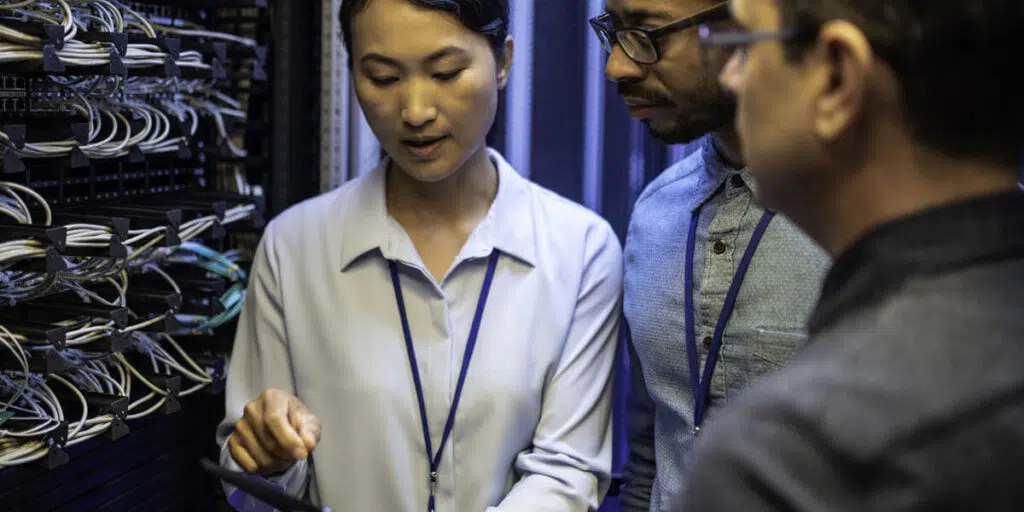NIST Compliance Assessments: Understanding the Basics
If your company is a member of the defense industrial base and engaged in business with the DOD, chances are you are already aware of NIST Special Publication 800-171 (NIST 800-171, which outlines the 110 cybersecurity controls necessary to secure […]
NIST Compliance Assessments: Understanding the Basics Read More »









